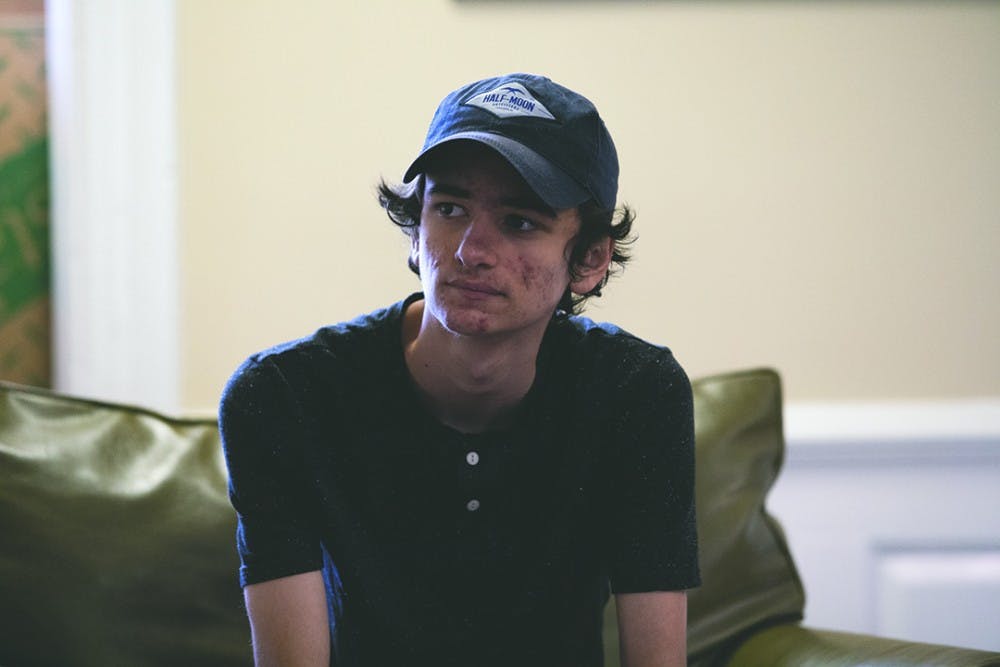Sixteen students lived in the Courtyard Marriott on Assembly Street for the first few weeks of classes until beds on campus became available, as there was not enough room initially to house all of the new students. Now, all of the students have moved into on-campus residence halls.
"There is always an enrollment target number, but multiple external variables can influence how many students ultimately decide to attend of those who were accepted," USC spokesperson Jeff Stensland said in an email. "When you consider the tens of thousands of applications we receive, it’s pretty remarkable that we came that close hitting our goal."
The all-male students moved out of the hotel before housing's goal of the Alabama game, with the last guests checking out by Sept. 11 or 12, and some students checking out Labor Day weekend.
Rooms opened up as cancellations and no-shows were confirmed, and housing waited until spots opened up so students could move into their preferred communities.
"It typically takes us a few weeks after opening to identify those students who truly intend not to attend the university," Joe Fortune, director for housing administration, said.
Barry Markovsky, a sociology professor, said different students may have different reactions to being in a community that is somewhat isolated from the rest of the university.
"I think there's a range of possibilities when it comes to how these students are going to respond in the long run," Markovsky said.
Some students said living in the hotel affected their social life at the beginning of their college experience, but for others, it was only a minor setback.
"I just kind of made the best out of the situation," Lofton Jones, a first-year electrical engineering student, said. "I actually had a really good group of people at the Marriott."
Jones, who applied late for housing, said he was fine with living in the hotel because he knew he would be placed in a residence hall eventually.
Alexander Shaw, a first-year political science student, said he was upset and irritated when he found out he was living in the Marriott and thought it was "messed up" for a freshman to have to adapt to campus life while living in a hotel.
"It made it difficult to meet people that I would be with for the next year," Shaw said. "I couldn't really get that initial social life that most other people got."
Shaw said moving into Preston made him have to adjust again. Jones agreed and said the only social setback for him during his transition back to campus was that he didn't know his new peers that well because he didn't start there.
Fortune said they wanted to help the students have a good experience in the hotel and when they were transitioning into their new residence halls.
"Because we wanted the experience to mirror being in a residence hall, we were going to have staff there," Fortune said. "There were going to be programmatic things that would happen just as if you were in a residence hall."
University housing notified students over the summer that there may be a possibility they would live in the hotel for the first few weeks of classes. It held three online town hall meetings to answer any of these students' questions or concerns.
Some students, like Jones, found the communication from housing to be helpful.
"They pretty much gave us everything we needed," Jones said.
Other students believed there was a lack of communication from housing.
"They didn't really keep too much in touch," Shaw said. "On the side of communication, I think it was definitely lacking."
While the students were at the hotel, they stayed on the fifth floor, which was primarily students, two resident mentors and a few guests. The students were able to park in the hotel's parking garage and received maid service during their stay.
"The hotel was pretty sweet, honestly," Abhinav Sonthwal, a first-year marketing student, said. "It was just the sweet life."
Denali Culver contributed to the reporting of this article.

